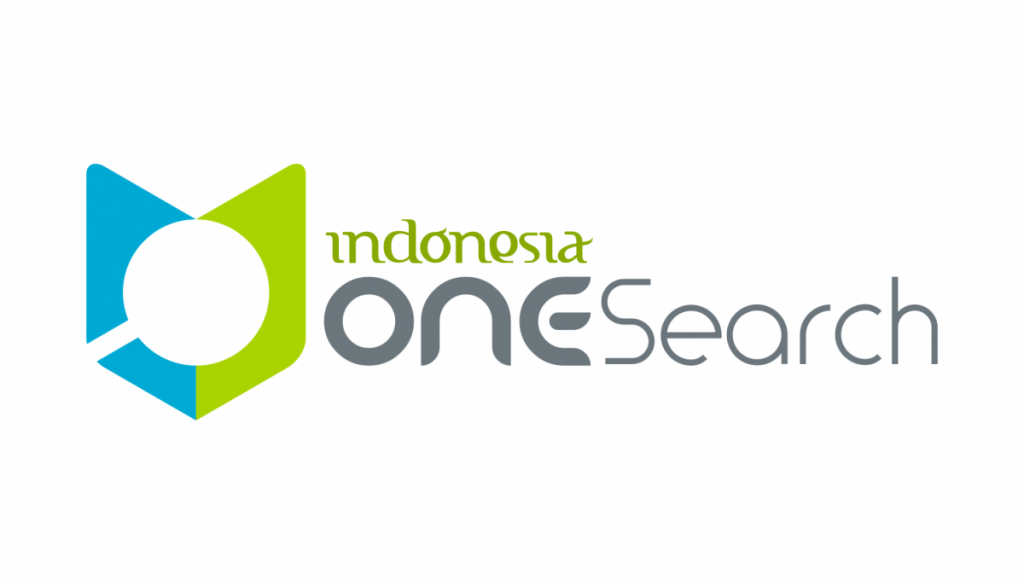Pemberdayaan Ekonomi Masyarakat melalui Optimalisasi Potensi Sumber Daya Alam di Desa Gunungsari Kabupaten Serang
 Abstrak views: 356
,
Abstrak views: 356
,
 PDF (English) downloads: 345
PDF (English) downloads: 345
Abstrak
The potential of abundant natural resources in Gunungsari Village, Serang Regency, is still unable to improve the economic standard of life of the community, this is due to the lack of community skills and the lack of public knowledge in optimizing the potential of these natural resources into economic added value. This method of community economic empowerment through optimization of natural resource potential in Gunungsari Village, Serang Regency uses an environmental communication strategy which includes 1) Material Stage; 2) Energy Phase; 3) Information Stage, and 4) Evaluation Stage. The results of community service concluded that community economic empowerment through optimizing the potential of natural resources received a positive response and enthusiasm from the community, with the success rate of training program indicators being on an interval scale with an average value of 70% or a fairly good category. Thus it can be concluded that encouraging the skills training of the Gunungsari Village community in utilizing the natural resource potential of the papaya fruit is very important to improve the welfare of rural communities.
##submission.copyrightStatement##
##submission.license.cc.by4.footer##Copyright Notice
Authors who publish with this journal agree to the following terms:
- Authors retain copyright and grant the journal right of first publication with the work simultaneously licensed under a Creative Commons Attribution License that allows others to share the work with an acknowledgement of the work's authorship and initial publication in this journal.
- Authors are able to enter into separate, additional contractual arrangements for the non-exclusive distribution of the journal's published version of the work (e.g., post it to an institutional repository or publish it in a book), with an acknowledgement of its initial publication in this journal.
- Authors are permitted and encouraged to post their work online (e.g., in institutional repositories or on their website) prior to and during the submission process, as it can lead to productive exchanges, as well as earlier and greater citation of published work (See The Effect of Open Access).
















